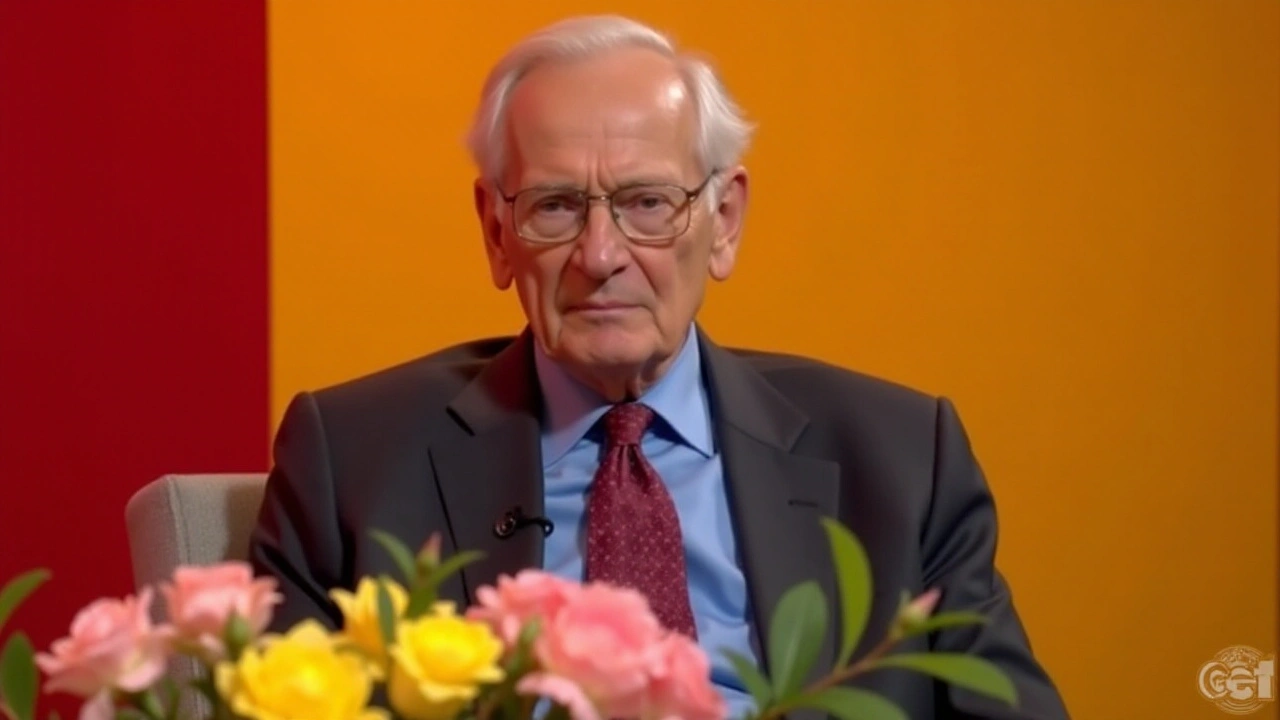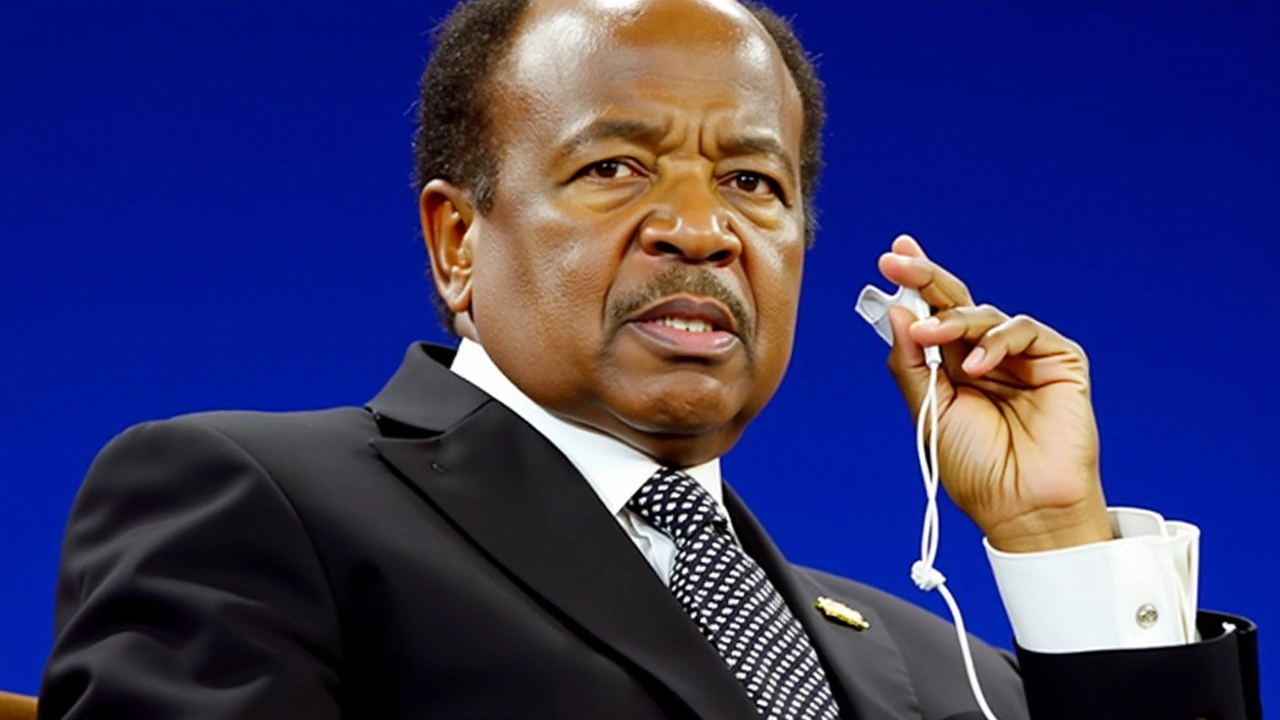Cameroon Government Assures on President Paul Biya's Health Amid Speculation

President Paul Biya's Health: Government Reassures Citizens
In recent weeks, rumors have circulated widely in Cameroon about the health of President Paul Biya. Hardly seen in public, the 91-year-old leader has left many wondering about his well-being and the implications for the country. To address these concerns, the government issued a statement affirming that President Biya is in good health and will be returning to Cameroon shortly. This announcement seeks to put an end to speculation and provide stability to a nation eagerly awaiting updates on its leader.
The timing of the government's announcement is crucial, as the political atmosphere in Cameroon is tightly linked to Biya's leadership. With no official succession plan in place, there are fears that any sudden deterioration in his health could lead to a power vacuum, potentially resulting in political instability. The prospect of instability is a real concern, given Biya's extended grip on power and the role he has played in shaping Cameroon's political scene since he assumed office in 1982.
The Weight of Long-Standing Leadership
President Paul Biya's tenure has been marked by significant events and transformations within Cameroon. As one of Africa's longest-serving leaders, he has overseen both periods of development and times of contention. His leadership style and policies have deeply influenced the country's trajectory, and an assurance of his health is, by extension, an assurance of continuity in governance. However, his age and the question of what comes next are matters of national discourse, prompting close scrutiny of his health reports.
Notably, Biya's absence from public engagements has not only fueled health rumors but also drawn attention to the lack of transparency regarding the succession plan. This vacuum can create uncertainty, with various factions and political players potentially vying for influence. The government's statement appears to be an effort to calm such tensions by affirming the steadiness provided by Biya's leadership for now.

Public Perception and Impact on Governance
The citizens of Cameroon have long been accustomed to the presence of President Biya at the helm. For many, he represents a constant in the often unpredictable sea of politics. However, given his advanced age, concerns about what lies ahead dominate discussions. The government's assurance that he is in good health and will soon be returning is likely a strategic message of reassurance, aimed at stabilizing public sentiment and maintaining trust in the government's ability to manage any forthcoming challenges.
Furthermore, the political landscape in Africa, with its history of leaders facing coups or sudden regime changes, means that the health of a leader like Biya resonates beyond borders. The international community is closely observing Cameroon, mindful of the potential ripple effects that shifts in leadership could have on regional stability in Central Africa. This underscores the importance of clear communication from the government, to mitigate risks of misinformation affecting national and international relations.
Looking Ahead: Navigating Future Challenges
As Cameroon navigates this pivotal moment, strategies for the transition of power peacefully and orderly are critical. While the current message aims to assure the public of Biya’s continued leadership, discussions about succession planning are unavoidable. It is essential for Cameroon's political institutions to consider long-term stability and create frameworks that transcend the personal health of any single leader.
For citizens and policymakers alike, the focus should be on fostering democratic processes that can adapt to leadership changes seamlessly. An established plan for succession could serve as a safeguard against political disruption, ensuring that Cameroon remains stable regardless of the health status or longevity of its current leader. Such planning is not merely a safeguard; it is an opportunity to evaluate and potentially reform governance structures for the future.
The eyes of the nation and the wider world will undoubtedly continue to focus on Cameroon as it stands at this crossroads. For now, the government's assurance offers a reprieve from uncertainty, but it is the subsequent steps toward a comprehensive and transparent approach to succession that will truly guarantee the country's peace and progress in the coming years.